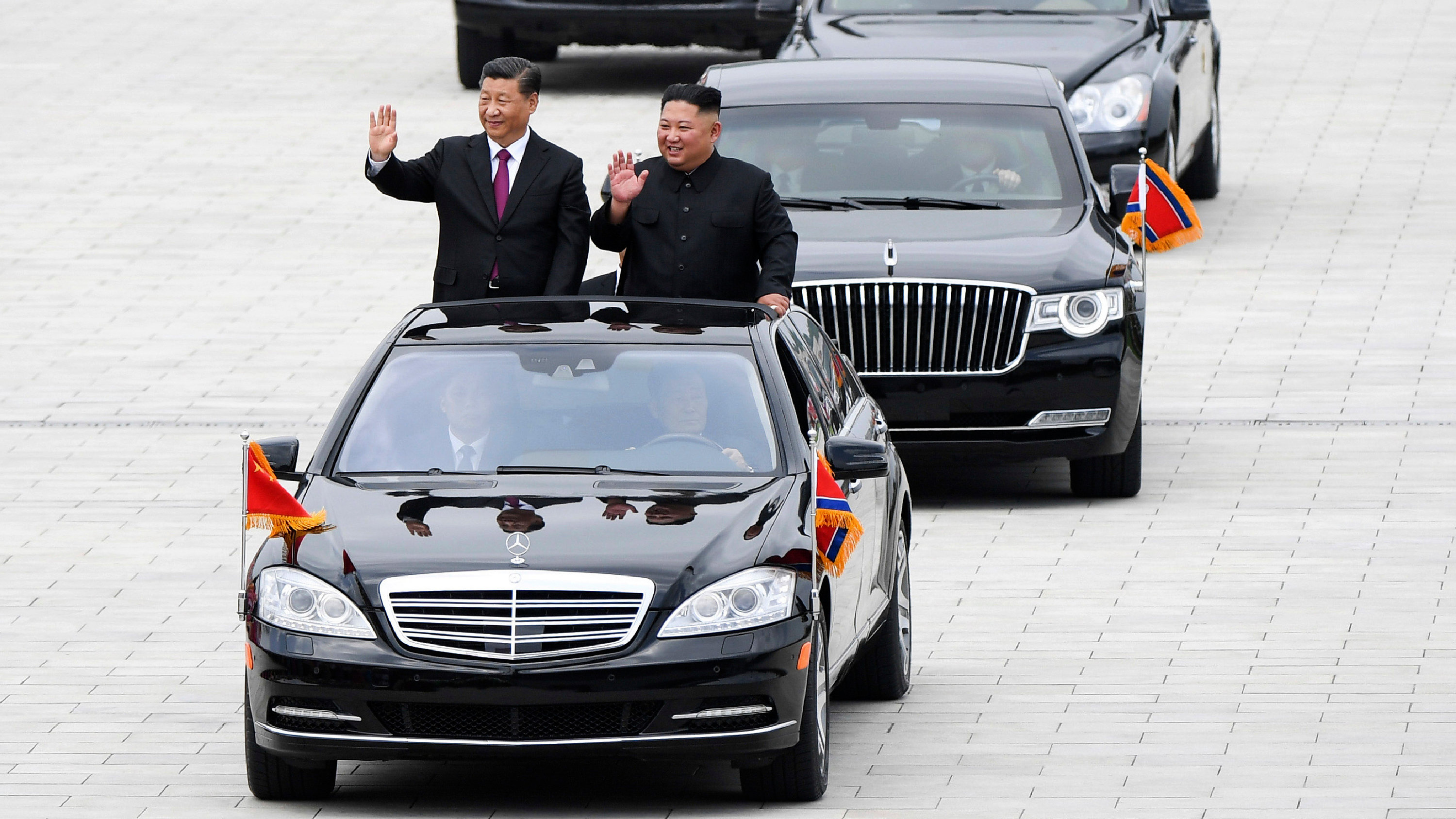Sanctions are a tool used by governments and coalitions such as the United Nations to “incentivize change in a target[ country]’s behavior” by making it more costly or difficult for them to engage in that behavior.[1] The United States is particularly effective at levying sanctions since the U.S. dollar is currently the global reserve currency and many transactions abroad take place in U.S. dollars.[2]
The United States has been imposing financial restrictions on the Democratic People’s Republic of Korea, known as North Korea, since the 1950s.[3] These sanctions have tightened or relaxed over the decades in response to a variety of factors: terroristic acts by the North Korea in the 1980s, a push by South Korea for more engagement in the 1990s, and North Korea’s decision to begin enriching uranium and resume nuclear testing in 2002.[4] Since North Korea’s withdrawal from the Nuclear Non-Proliferation Treaty in 2004, the international community has begun to ratchet sanctions back up again.[5]
Last February, U.S. President Donald Trump met with North Korean Chairman Kim Jong Un and South Korean President Moon Jae-in in Hanoi.[6] The meeting was unsuccessful, and afterwards Chairman Kim “condemn[ed] those imposing sanctions as ‘hostile forces.”[7]
Even after more than half a century, it is difficult to tell what effect sanctions are actually having on North Korea. There are two major issues with assessing the efficacy of sanctions in this particular case. The first is that the multilateral sanctions issued by the United Nations are “unevenly enforced.”[8] An upcoming U.N. report points out that North Korea has for many months been “exporting coal, sand, and petroleum, and importing luxury goods including armored sedans, alcohol and robotic machinery.”[9] Most significantly, China has failed to honor the sanctions, despite pleas from the White House and U.S. Senate for its cooperation.[10] China is North Korea’s primary trading partner, and has “not effectively impos[ed] any sanctions” at all.[11] The sanctions imposed by the United States and even the United Nations have simply “induced North Korea to shift exports to China” rather than a more global market, and to similarly begin importing otherwise sanctioned goods from China.[12]
The second issue is the difficulty of obtaining any data from inside a country appropriately known as the “hermit kingdom.”[13] Yong Suk Lee, in the Journal of Urban Economics, took a unique approach to this issue, examining nighttime satellite images of the Korean peninsula over three decades.[14] Lee compared the light patterns, indicative of areas with enough affluence to afford electric lights, against trade data from China and other countries. [15] The results were fascinating, if somewhat tentative: “as North Korea becomes more isolated, there is relatively more economic activity in the capital city, trade hubs with China, and manufacturing regions compared to the rest of the country,” suggesting that trade is re-routed, but not impaired, and the elites of the country are shielded from many of the effects of sanctions.[16] Despite UN exemptions allowing humanitarian organizations to carry out relief activities “for the benefit of the civilian population,” [17] it is still likely that the burden is falling harder on the non-elites.
While it seems clear that sanctions imposed against North Korea are having some type of impact on the country, that impact seems to be falling disparately upon the populace while the true targets, the ruling elites in the capital, are largely shielded from their effects. Perhaps after 70 years of levying sanctions with no clear result, it is time to begin exploring alternate approaches to U.S.-North Korea relations.
- David S. Cohen & Zachary K. Goldman, Like It or Not, Unilateral Sanctions Are Here to Stay, 113 AJIL Unbound 146, 146 (2019). ↑
- Cohen, supra note 1, at 150. ↑
- Yong Suk Lee, International Isolation and Regional Inequality: Evidence from Sanctions on North Korea, 103 J. of Urb. Econ., 34, 35 (2018). ↑
- Lee, supra note 4, at 35-36. ↑
- Lee, supra note 4, at 36. ↑
- Stephen Noerper, From Hanoi to Hiatus, 21 Comp. Connections 37, 38 (2019). ↑
- Noerper, supra note 8, at 39. ↑
- Ben Kesling & Alastair Gale, Trump’s North Korea Obstacle: Sanctions Are Unevenly Enforced, Wall Street Journal (April 25, 2017 8:59 PM ET), https://www.wsj.com/articles/sanctions-on-north-korea-arent-universally-enforced-diplomat-says-1493106632. ↑
- Edward Wong et al., Armored Cars, Robots and Coal: North Korea Defies U.S. by Evading Sanctions, New York Times (March 9, 2020), https://www.nytimes.com/2020/03/09/world/asia/north-korea-sanctions.html. ↑
- Kesling, supra note 11. ↑
- Lee, supra note 4, at 47. ↑
- Id. ↑
- Lee, supra note 4, at 35. ↑
- Lee, supra note 4, at 38. ↑
- See generally, Lee, supra note 4, at §§ 4-5. ↑
- Lee, supra note 4, at 48. ↑
- Humanitarian Exemption Requests, https://www.un.org/securitycouncil/sanctions/1718/exemptions-measures/humanitarian-exemption-requests (last visited Sept. 13, 2019). ↑


